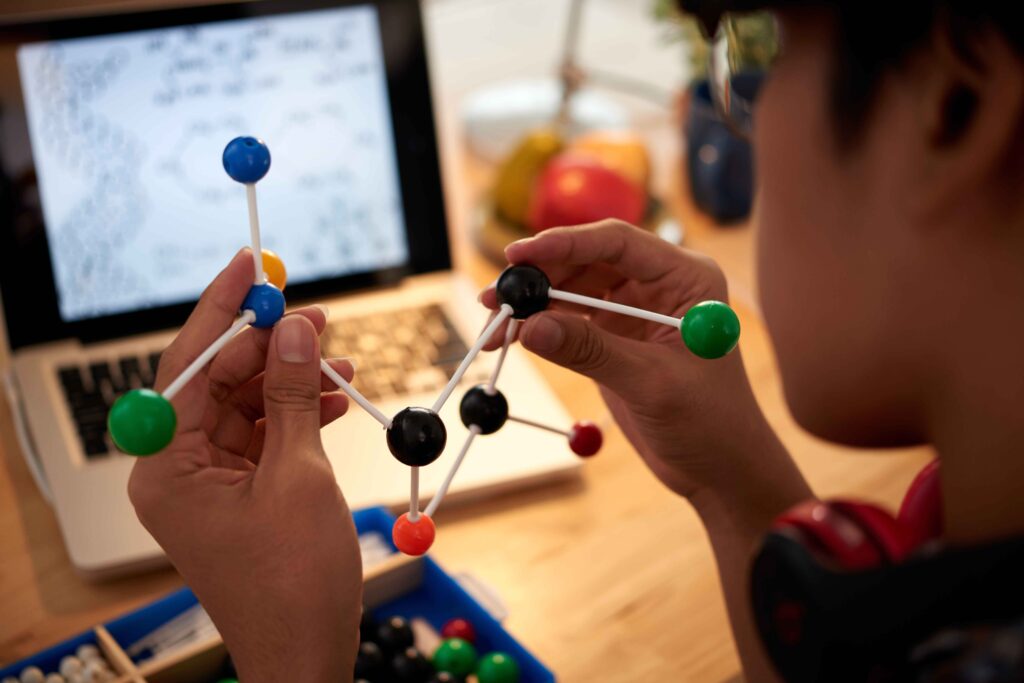If you’re grappling with addiction or know someone who is, understanding the science of cravings can offer valuable insights into recovery. Here at Denovo Recovery, we provide you with the tools you need to make informed decisions about addiction treatment. Let’s delve into the complex science behind cravings in addiction.
What Are Cravings?
Cravings are intense urges to engage in specific behaviors or consume particular substances. For individuals struggling with addiction, cravings are a common challenge that can greatly impact the success of recovery.
Biological Roots of Cravings
- Dopamine Release: Engaging in addictive behavior leads to the release of dopamine, a neurotransmitter associated with pleasure and reward.
- Brain Circuits: Habitual behaviors create established neural pathways in the brain, making it difficult to disengage from addictive actions.
- Withdrawal Symptoms: A decrease in the abused substance can lead to withdrawal symptoms, prompting further cravings as a way to alleviate discomfort.
Why Cravings Are Not Just “Lack of Willpower”
Many people think that cravings are solely a matter of willpower. However, scientific studies suggest that cravings are more complex than just a failure of self-control. Genetics, environment, and psychological factors all play a role.
Psychological Factors That Affect Cravings
- Stress: High levels of stress can intensify cravings.
- Triggers: Specific cues in your environment can evoke memories and sensations related to the addictive substance or behavior.
- Emotional States: Feelings like loneliness, sadness, or boredom often exacerbate cravings.
How Cravings Contribute to the Cycle of Addiction
Cravings are an integral part of the cycle of addiction. This cycle generally consists of:
- Initial Use: First encounter with the substance or behavior.
- Regular Use: Habitual engagement in the addictive action.
- Tolerance: Needing more of the substance or behavior to achieve the desired effect.
- Cravings: Intense urges to partake in the addictive behavior.
- Relapse: Reengaging in the addictive action, often after a period of abstinence, due to intense cravings.
Strategies to Manage Cravings in Addiction Recovery
If you or a loved one is in the process of recovery, knowing how to manage cravings can make a significant difference. Here are some proven methods to cope with cravings:
- Mindfulness Techniques: Being aware of the present moment can help you control your responses to cravings.
- Substitution: Replace the craving with a healthier action, such as exercising or engaging in a hobby.
- Seek Support: Talk to friends, family, or professionals who can offer emotional support and constructive advice.
Final Thoughts
Understanding the science of cravings in addiction offers a clearer pathway for effective treatment and long-term recovery. Don’t underestimate the complexity of cravings; it’s not just about willpower but involves biological, psychological, and environmental factors.
Visit our Substance Abuse Treatment page to find out how DeNovo Recovery can guide you or your loved one through the journey of recovery.
FAQ’s
1. Can cravings ever be completely eliminated during addiction recovery?
While some people experience a significant reduction in cravings over time, it’s difficult to say that they can be completely eliminated for everyone. The intensity and frequency of cravings can vary from person to person and depend on multiple factors like the substance involved, duration of addiction, and individual physiology. Managing cravings is an ongoing process in the journey of recovery.
2. Are there medications that can help manage cravings?
Yes, there are FDA-approved medications designed to help manage cravings for specific substances. For example, medications like Naltrexone are used for alcohol and opioid addiction, and Nicotine Replacement Therapies (NRT) are available for tobacco addiction. Consult your healthcare provider for a tailored treatment plan that may include medication to help manage cravings.
3. Do cravings mean that addiction treatment is failing?
Not necessarily. Cravings are a common and expected part of the recovery process. Their presence doesn’t indicate that treatment is failing, but rather that addiction is a complex issue involving psychological and physiological components. Consistent cravings can indicate that adjustments in your treatment plan may be beneficial, so it’s crucial to discuss them with your healthcare provider.
4. How can I identify triggers that lead to cravings?
Identifying triggers often involves a level of self-awareness and may require professional assistance. Common triggers include stress, specific places, certain people, and emotional states. Keeping a “trigger journal” can help you recognize patterns. In therapy, techniques like Cognitive Behavioral Therapy (CBT) are often used to identify and manage triggers. Understanding your triggers is key to managing cravings effectively.

